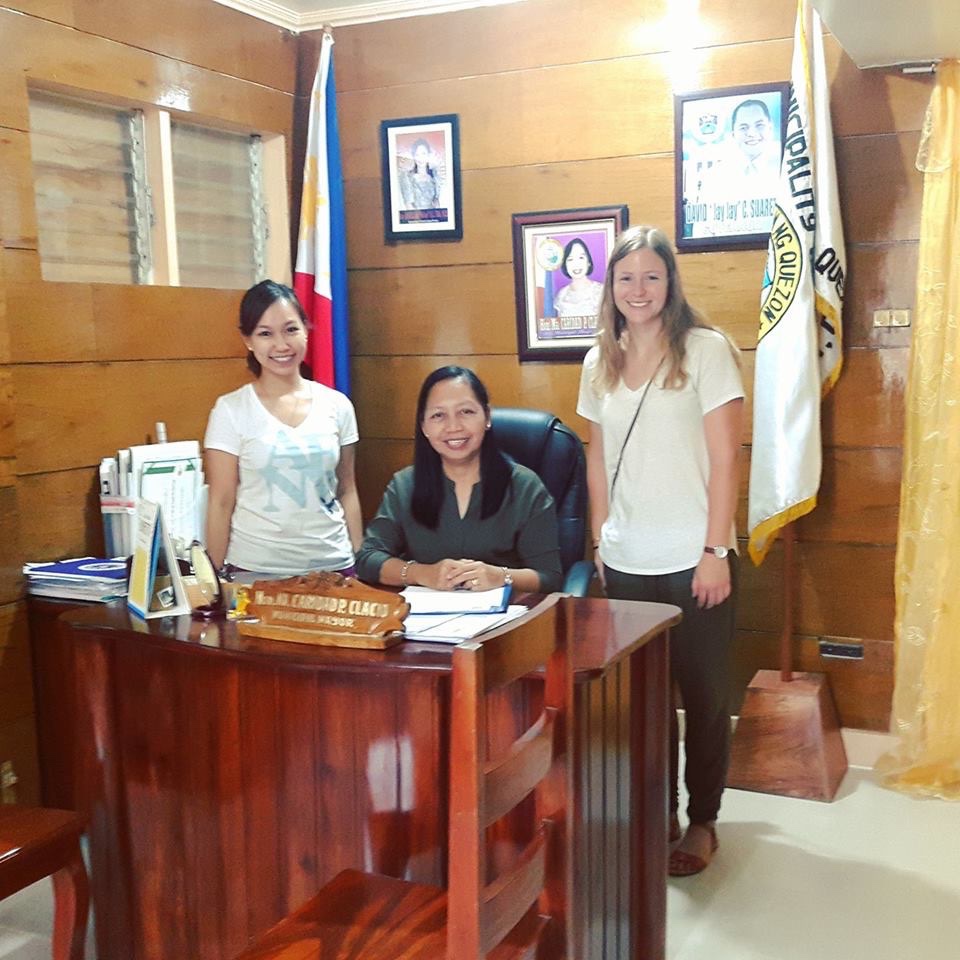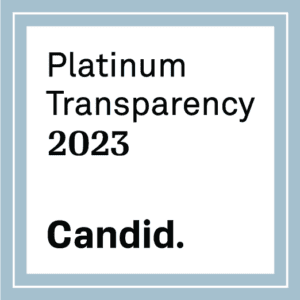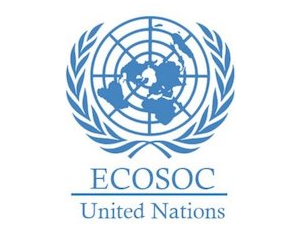
Lawrence C. Loh, William Cherniak, Bradley A. Dreifuss, Matthew M. Dacso, Henry C. Lin and Jessica Evert offer a framework to categorize different models of local engagement in short-term experiences in global health (STEGH) based on professional experiences and a review of the existing literature. This article examines three proposed frameworks in which a STEGH may occur: 1) number of visiting external groups conducting STEGH (single/multiple), 2) number of host entities that interact with the STEGH (none/single/multiple), and 3) frequency of STEGH (continuous/intermittent). After a careful examination of the advantages and disadvantages of these three models, these specific factors culminate into one specific model that has short and long-term implications. They conclude that, “involving host partners in the design, implementation, and evaluation of STEGH requires more effort on the part of visiting STEGH groups and facilitators, but has the greatest potential benefit for meaningful, locally- relevant improvements from STEGH for the receiving community.” Additionally, there are four key themes that underpin the application of the framework:
- Meaningful impact to host communities requires some form of local engagement and measurement
- Single STEGH without local partner engagement is rarely ethically justified
- Models should be tailored to the health and resource context in which the STEGH occurs
- Sending institutions should employ a model that ultimately benefits local receiving communities first and STEGH
participants second.
Accounting for these themes in program planning for STEGH will lead to more equitable outcomes for both receiving communities and their sending partners.
Date Published: December 18, 2015





